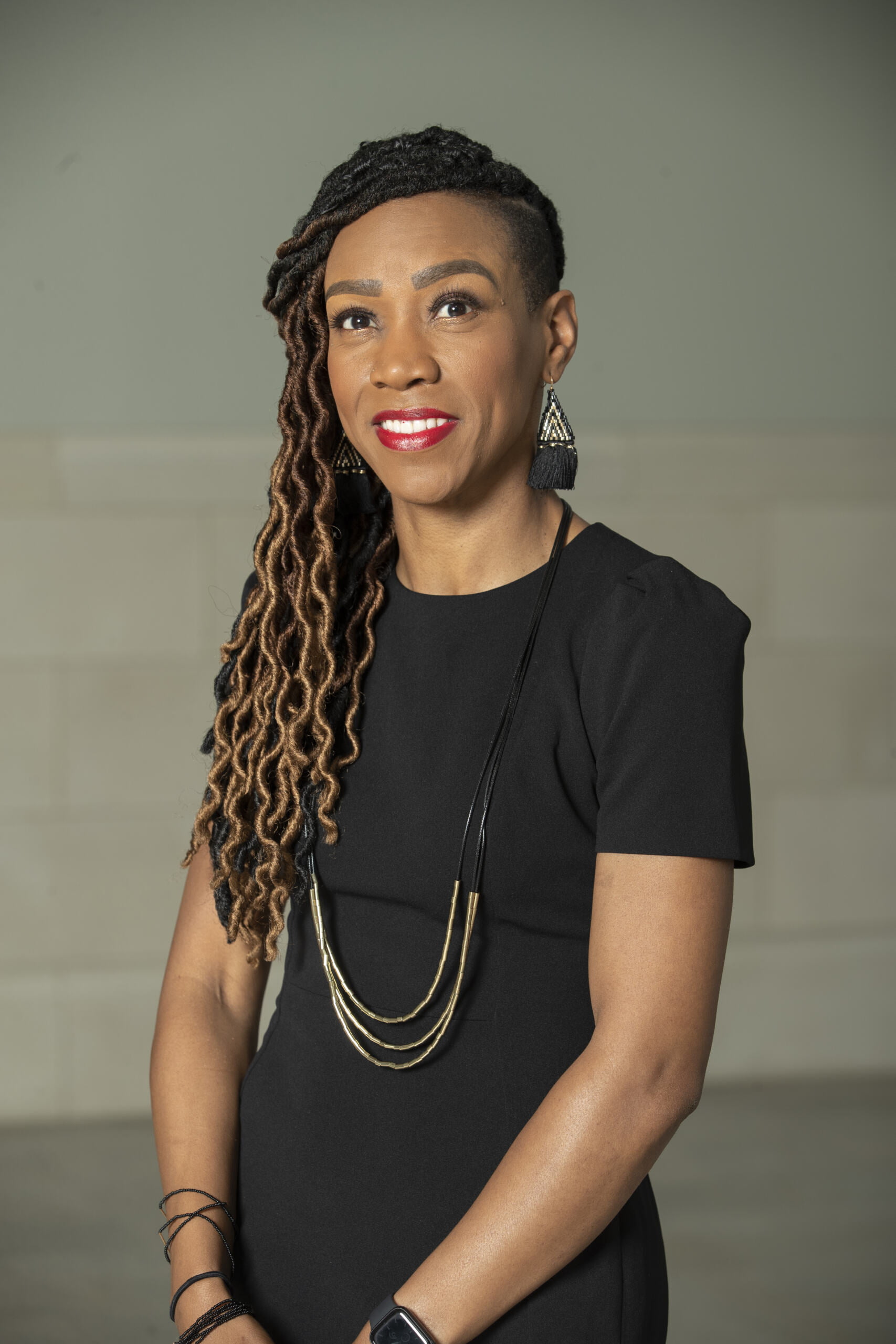One of my deepest grievances is the witness of the church in North America as a new, transformed and reconciled community.
I understand that the colonialized practice of Christianity did much to disturb a proper foundation for fellowship between believers of different cultures, namely African and Europeans during American slavery.
Since then, rebellions and wars have occurred, movements have emerged and laws passed, but conversations about the negative impact of the social construct of race on self and the authentic formation of Christian community have not been fully had on church pews, in parlors or parking lots.
And it needs to be encouraged, modeled and strengthened by those in the pulpit.
Many Christians are unwilling to denounce the social privileges of whiteness but instead divinize the social coloring of skin so as to suggest that God does not create all human beings equally.
This racialized Christianity suggests that God has a cultural preference and a prejudice against those who are not socially colored white. It also suggests that other cultures were made to long for this image of whiteness – not God’s.
However, to locate goodness, righteousness, purity and wholeness in particular flesh contradicts the witness of Scripture and the work of the Holy Spirit.
Because our calling as disciples is to become more like Christ – not socially colored white people.
The story of whiteness is not the American story or a part of God’s story. It is an exclusive narrative that speaks to one segment of a socially constructed population, formed for capitalistic gain and world domination.
Its perspective puts this kind of people up front and in the center; everyone else is on the margins.
It is for the building up of one socially engineered culture – not God’s kingdom. And its aim is supremacy; its heights reaching the heavens, whiteness aims even to color in the face of God.
How it ever received the support of Christians of various cultures, I will never understand.
This social contract of race changes the gospel from “For God so loved the world” (John 3:16) to “For God so loved my race.” And this needs to be corrected – not with conferences but in community.
And we don’t need more apologies or resolutions if only for the acknowledgement that it was wrong.
Instead, we must acknowledge and affirm that it is wrong now, that the social construct of race has never been right for the Church.
Called to be an alternative community, churches in North America are often times more racialized and segregated than the communities around them. The diversity of God’s creation and God’s kingdom is found outside the doors of the church.
While there is no Scriptural support for a divinely approved colored people, no basis for belief in a colored God in the Old or New Testaments, Christians continue to make God in their own image.
Despite the fact that the social construct of race continues to work against our faith and its witness in the world, we maintain its pretenses, perspective and prejudices.
But what does the social construct of race do for our faith and its practice, the expression of God’s unconditional love and the ministry of reconciliation? How does the social construct of race advance the cause of Christ and the call to community?
The answer is that race does nothing in this regard.
We are in a relationship with the social construct of race because it requires no change of nature or resistance to the status quo. Our socially colored Jesus follows in our footsteps and proclaims our good news.
And we think that we are having the time of our lives – that we are in love with God. When, in fact, if we are not in community, we have not experienced the fullness of Christian life at all.
Instead, race supports the fullness of self, a life lived in isolation with only our self-images to reflect on. We are in love with a mirror.
In his essay in “Called to Community,” Charles E. Moore asserts, “We need a spirit-filled life that is capable of combating the corrosive ideologies of our age. Only when the church lives out its original calling, as a contrast community and foretaste of God’s coming reign, is there hope for the world.”
It is my sincerest prayer that the church in North America will see the social construct of race for what it really is, and will then cast down the idol and end the relationship with the hope of forming a more authentic, relational and reconciled community of believers.
Starlette McNeill is associate pastor of Village Baptist Church in Bowie, Maryland. A version of this article first appeared on her blog, Race-less Gospel, and is used with permission. You can follow her on Twitter @racelessgospel.
Director of The Raceless Gospel Initiative, an associate editor, host of the Good Faith Media podcast, “The Raceless Gospel” and author of Take Me to the Water: The Raceless Gospel as Baptismal Pedagogy for a Desegregated Church.

